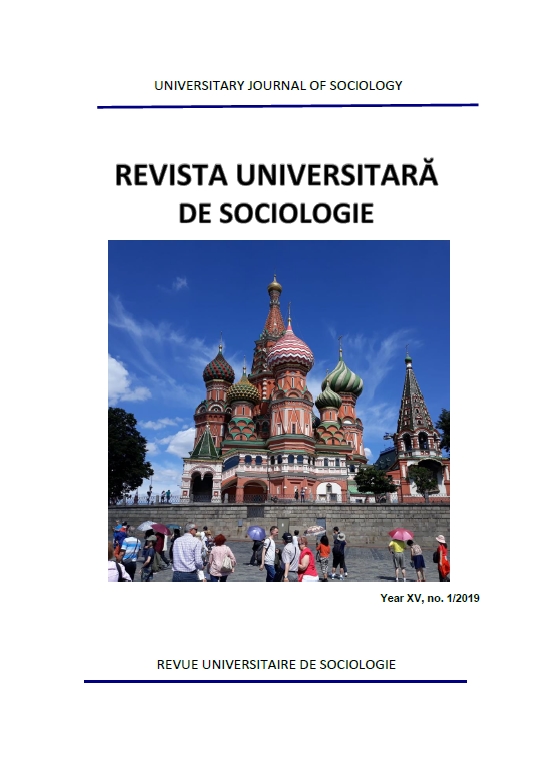SOCIAL POLICIES PLANNING AND REGIONAL DEVELOPMENT IN SERBIA
SOCIAL POLICIES PLANNING AND REGIONAL DEVELOPMENT IN SERBIA
Author(s): Marius Decebal FloroaicaSubject(s): Social Sciences, Sociology, Social development, Sociology of Culture, Ethnic Minorities Studies, Globalization
Published by: Ediktura Beladi
Keywords: bullying; prevention; Romanian schools; strategies;
Summary/Abstract: As a socialist country, Serbia has provided average services, although easily acessible: free education and medical assistance, funded rent for social apartments, as well as other subventions for other services (child care, transportation and food). These services were provided directly through statutory social agencies, but also through other firms, sindicates and social actors. Official social services (social protection, professional help and subsequent direct payments) were provided through a social work network (CSW) and through residential institutions. Even though joint philanthropic activity was poorly developed there have been a number of humanitarian organisations (such as the Red Cross) and associated organizations (such as associations for invalid people, for the blind, etc) involved in humanitarian work. Implementing social policies clearly was beneficial for community development and life quality growth (especially through the effects it had on demographics – increased life expectancy, decreased child mortality, a higher level of education, etc.) of both Serbians and the minorities living in this area, among whom are also the Vlachs. Although the minorities are variously structured and engaged in politics and, to some extent, take part in governing, they do not achieve own state organization, which is why they can only assume the role of monitoring governing institutions. Although great efforts have been made in developing and implementing social protection measures, social policies have failed to stimulate. For example, even though payment according to productivity has not been banned in companies, Yugoslavian work managed firms have tended to provide more equal wages than other firms. This led to increased evenness in income.
Journal: Revista Universitară de Sociologie
- Issue Year: XV/2019
- Issue No: 1
- Page Range: 233-239
- Page Count: 7
- Language: English

